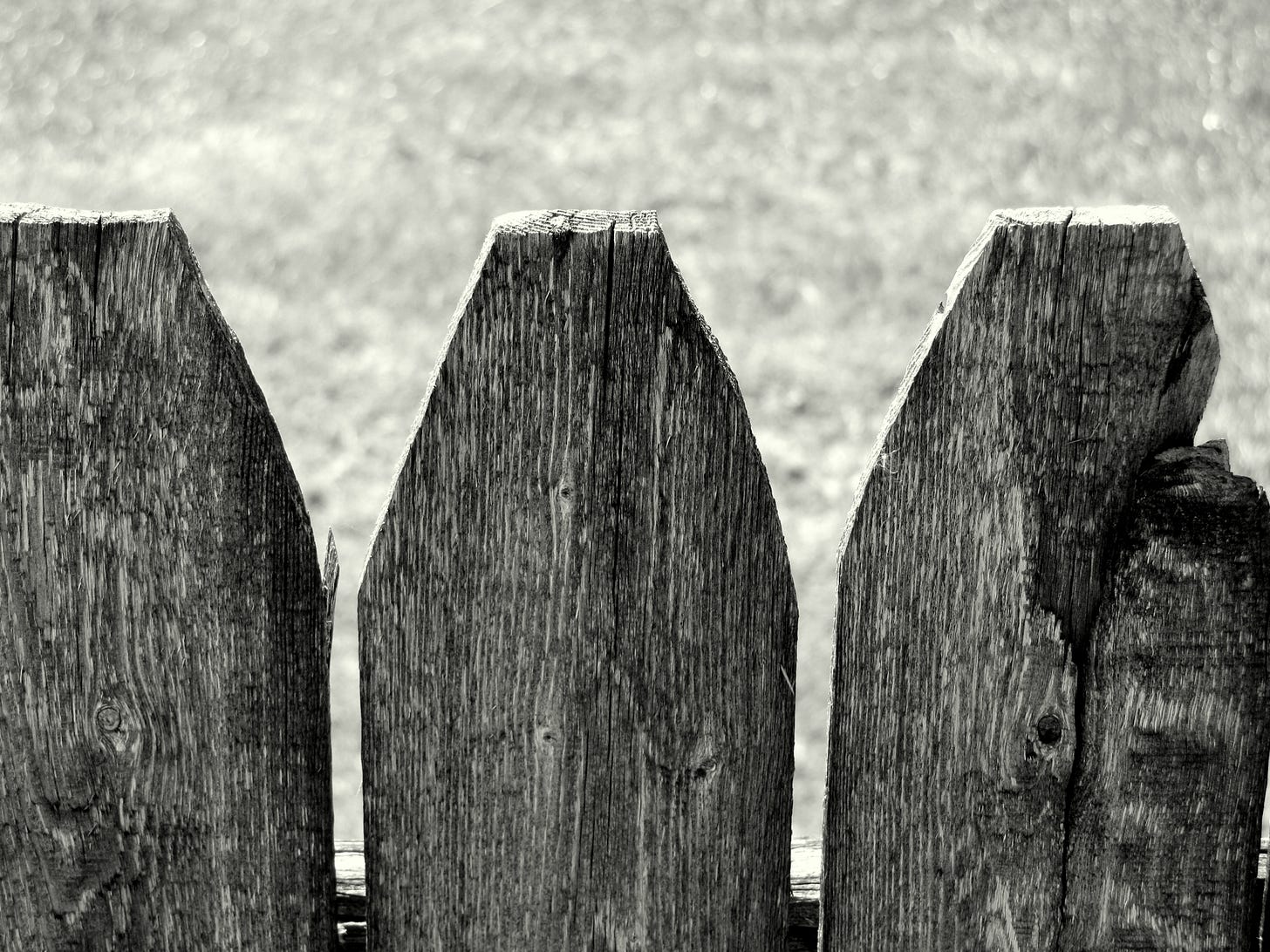Why awareness isn’t enough (to keep you from repeating the same relational patterns)
Stop wondering how it happened AGAIN
Last summer I re-entered the world of online dating after being intentionally single for two years.
I thought that after two years of healing from my last romantic relationship on top of the two decades of healing work I’d already done that I was in a solid, grounded position to attempt intimacy again.
I won’t say that I was wrong, but I pretty quickly learned that I hadn’t healed what needed healing in order to not walk myself right into a very similar-feeling relationship.
So, last August, when I ended the brief dating relationship I had entered, not only was I dealing with the hurt of how things ended (it wasn’t pretty), but I was also dealing with the deep anguish of: how did this happen? AGAIN??
Sound familiar?
You might’ve heard me say this before, but one thing I love about queer and trans (QT) folks is how fucking brilliant we are. Our ability to critically analyze a system, a piece of literature, a movie, or an intake form is off the charts.
Our capacity to forge paths where none existed before and to rethink collective spaces and models for survival is beautiful and vital.
I don’t think I’ve met a single queer who hasn’t expressed the need for and commitment to their healing journey. Many of us are familiar with the long waitlists for QT-affirming therapists. We’re a well therapized group, you all.
Case in point: if you’ve processed a recent break up, dating mishap, or conflict in a relationship in the past 30 days with a trusted friend or therapist, have you done one of the following:
-Made a connection between the way your primary caregivers related to you and the experience you’re currently having in your relationship (e.g., inconsistency feels familiar)?
-Stated a pattern you’re aware of in yourself that often shows up in life/your relationships (e.g., what I want isn’t always good for me)?
-Identified a behavior that you don’t want to engage in but are having a hard time stopping (e.g., constantly replaying the day you met or the day the relationship ended or the fight that led to the end)?
If you have, first of all: kudos to you and your level of awareness. Truly.
And, maybe like the version of last-summer-Grey, you’re also feeling confused as to how you keep ending up dating or befriending the same person, just with a different gender-neutral name and asymmetrical haircut.
And, maybe like the version of last-summer-Grey, you’re also feeling some shame + self-criticism in addition to that confusion about the fact that you’re here, yet again.
Here’s the reveal: healing and pattern change don’t happen in the mind—they happen in the body.
You are smart. You are insightful. You know that healing is important.
And, unlike in your Women’s Studies 101 course, your smarts alone aren’t going to get you the grade. The grade in this case being the healthy, nourishing relationships you’ve got your eye (or heart) on.
Knowing that inconsistency feels familiar isn’t the same as slowing down enough to know what that kind of familiar actually F E E L S like in your body.
Knowing that you tend to give more or work harder in your relationships than the other person(s) isn’t the same as sitting with the parts of you that believe that you have to work hard in order to be loved.
It’s not the same as taking the time to understand how that story came to be, to witness the pain of that part(s), and to relieve them of their hurt (and the un-true beliefs that are actually governing your behavior in relationships).
This is why Somatic Awareness and Self-devotion are two of the core areas of my How To Belong™ framework—the framework I use in my work with clients to help them create the healthy and nourishing relationships they desire.
You can have insight and awareness all day, and these things alone don’t lead to change.
If you’re ready to stop asking yourself: how did this happen AGAIN? And instead feel proud as you watch yourself make different relational choices, book a free 30-minute connection call with me.
In our call, I’ll help you bring what’s familiar from your brilliant mind to your body so you can learn to be with it in a different way.
When you learn to relate to yourself differently, you’ll learn how to relate to others differently. Period.
Wishing you the relationships you long for,
Grey
In case you missed these recent conversations:
How to Know if Someone’s Worthy of Your Vulnerability: This should be your major indicator.
How to Belong: If the basic ingredients are simple, why is there still so much loneliness?
Three Signs You're Choosing Relationships from Your Hurt Parts: When you don't tend to your hurt + unhealed parts, they run the show.





